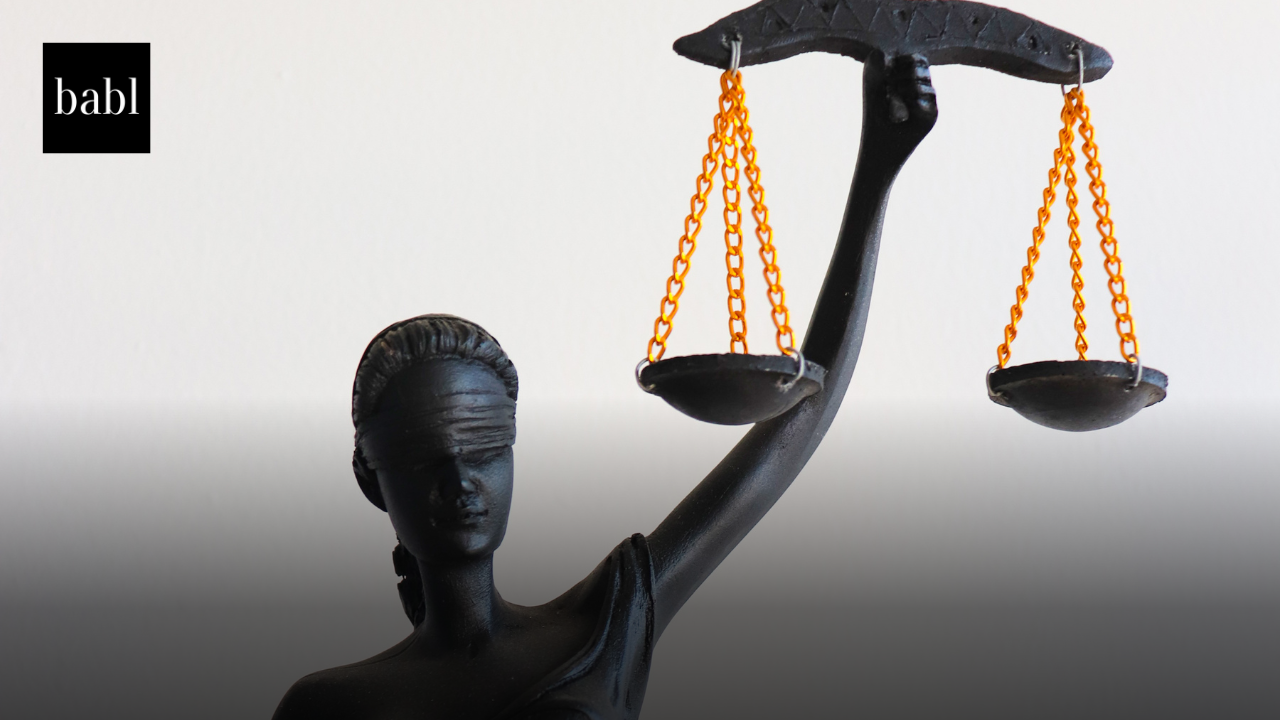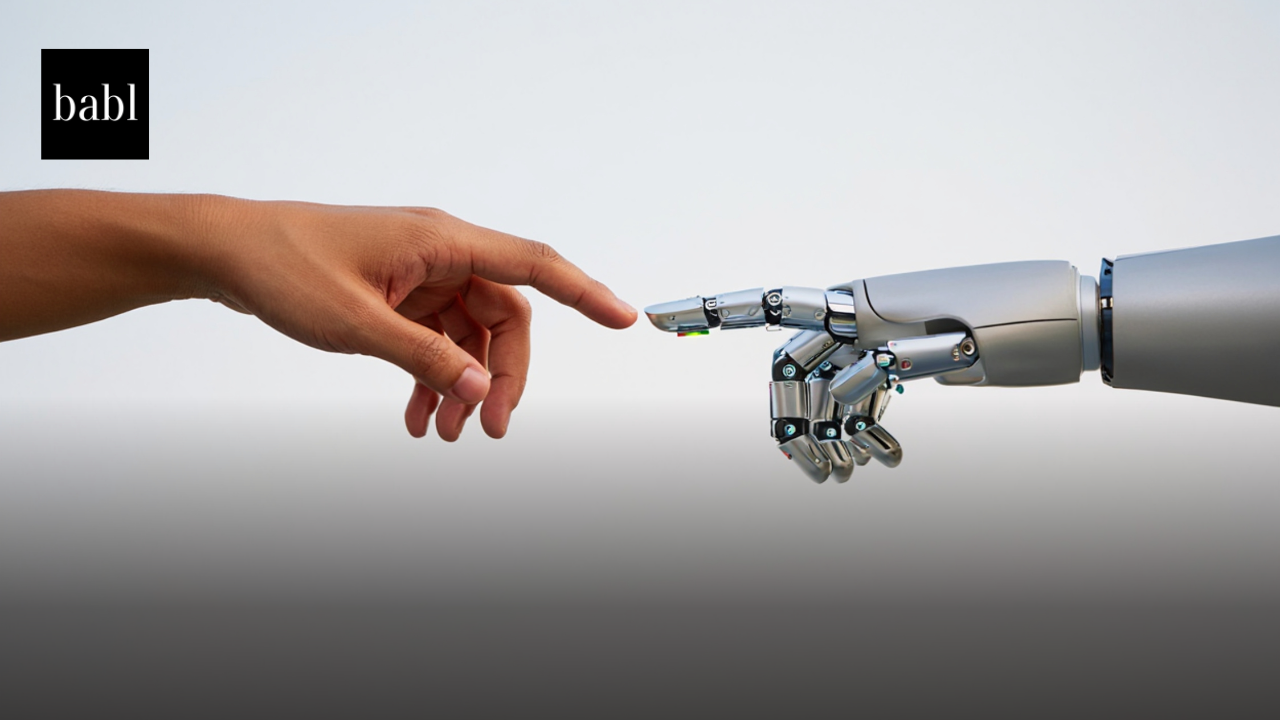A federal judge ruled Wednesday in favor of Meta Platforms, dismissing a lawsuit brought by a group of authors who claimed the company violated copyright law by using their books to train its generative AI system, LLaMA. The decision marks a significant—though narrow—win for Meta in a closely watched legal battle over how tech companies source content to build artificial intelligence.
As reported by Reuters, U.S. District Judge Vince Chhabria found the authors failed to provide sufficient evidence that Meta’s conduct had harmed or would harm the market for their work. While Chhabria acknowledged that unauthorized AI training can be illegal, he concluded the plaintiffs’ arguments did not establish a plausible claim under existing copyright law.
“This ruling does not stand for the proposition that Meta’s use of copyrighted materials to train its language models is lawful,” Chhabria wrote in his 11-page order. “It stands only for the proposition that these plaintiffs made the wrong arguments and failed to develop a record in support of the right one.”
The lawsuit, filed in 2023 by writers including Sarah Silverman and Christopher Golden, alleged Meta had used pirated versions of their books without consent to develop LLaMA. The plaintiffs argued this infringed on their rights and allowed Meta to profit unfairly from their creative work.
In court filings, Meta defended its practices under the fair use doctrine—a cornerstone of U.S. copyright law that permits limited use of copyrighted works without permission under certain conditions. Chhabria’s decision emphasized that the legal boundaries of fair use in the AI context remain unsettled and will require better-developed cases to test them.
A spokesperson for the authors’ law firm Boies Schiller Flexner criticized the ruling, citing what they called an “undisputed record” of Meta’s “historically unprecedented pirating of copyrighted works.” Meta, in contrast, praised the decision and called fair use a “vital legal framework” for transformative AI development.
The ruling follows a contrasting decision earlier this week from another federal judge in San Francisco, who found that Anthropic’s use of copyrighted books to train its Claude AI model was protected under fair use. Together, the two cases represent the first federal rulings to address AI training under U.S. copyright law—and signal that courts remain divided on the issue.
Need Help?
If you’re concerned about Meta’s AI copyright lawsuit or have questions about how to navigate the global AI regulatory landscape, don’t hesitate to reach out to BABL AI. Their Audit Experts can offer valuable insight and ensure you’re informed and compliant.





